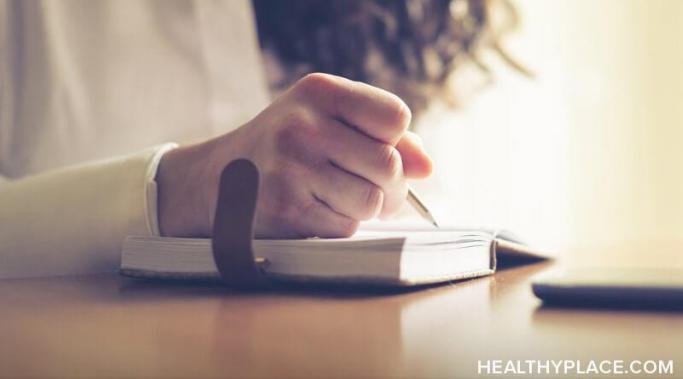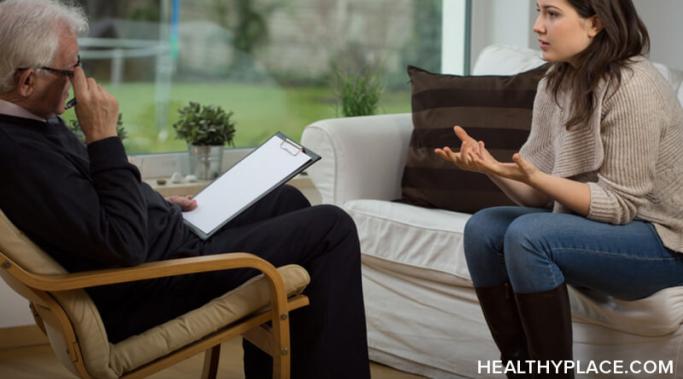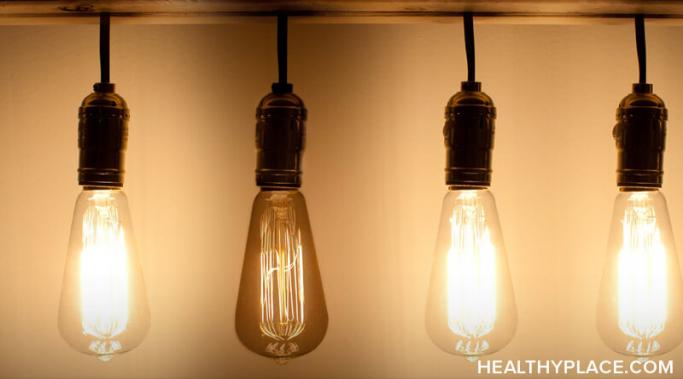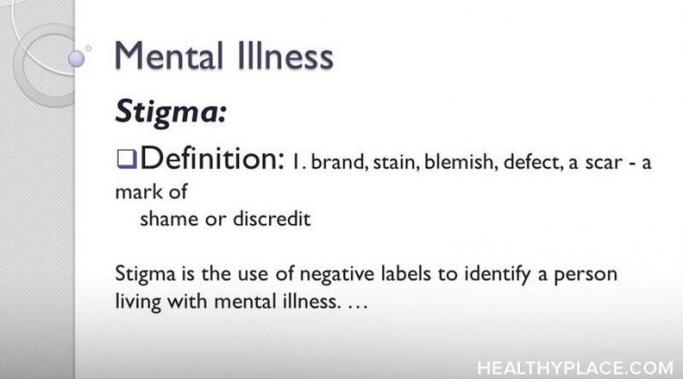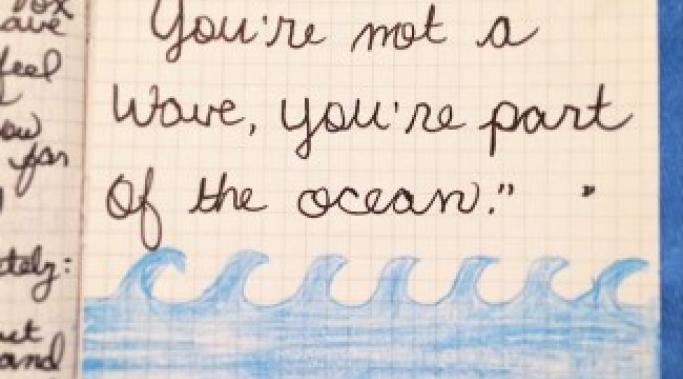Keeping friends when you have depression can be difficult. Often those of us with depression exert a great deal of energy in simply accomplishing daily tasks, practicing self-care, and caring for our families. It can feel like maintaining friendships is the last thing we have time for; however, keeping friends when you have depression is an important part of learning to cope.
Depression Stigma and Self-Stigma
I published my first post for the Coping with Depression blog here at HealthyPlace a full year ago. Today, I publish my last. Since that first, scary click of the Publish button, I've read fresh takes on my coping ideas, and I've challenged myself to think of depression in new ways. My experience writing for the Coping with Depression blog has rocked my tiny, blue world. I've realized a couple of valuable things during my year with HealthyPlace.
Depression counseling is a useful tool for anyone living with depression. Mental health counselors typically give advice on how to cope with depression and other mental illnesses, which is helpful when you feel you've run out of ideas. I read articles and implement new depression coping mechanisms endlessly, but sometimes I cannot give myself the help I need. I've been in and out of counseling for ten years with a wide variety of counselors, and while I didn't always like the counselor, the act of seeking professional counseling kept me on my toes as I managed my depression.
My experience with depression feels cliché, which means overused, lacking originality, or stereotypical. I've been increasingly frustrated by the dull redundancy of my depression and how irritatingly cliché depression generally seems, with the same old symptoms, assumptions, misunderstandings, and stigma struggles. I feel like I need to have new symptoms and fresh issues in order to maintain my depression's validity. But the frustrating reality is that depression doesn't just seem cliché, depression is cliché. There's nothing original about it.
Do you use disablist language without realizing it? The language we use when discussing mental health matters because language can stigmatize people with mental illness. Words have the power to make someone feel included or excluded. Choice of language in a conversation about mental health can impact how accepted (or unaccepted) a person living with a mental illness feels. Let's explore disablist language and eliminate it from our vocabularies.
Depression affects decision around parenthood. Decisions about if and/or when to become a parent are already tricky. Lots of us think about issues like financial security, career, age and whether or not we feel ready for parenthood, because parenting is hard. For those of us with mental health challenges, including depression, decisions about parenthood can be fraught with complexity .
When I sat down to write my blog this week, what came to mind is that I’ve been having trouble mood-wise lately – depressed mood, low energy, anxiety – and how this seems to go against what we commonly associate with the beginning of a new year. But I have to live life, even when I'm depressed.
One of depression's main symptoms is feeling alone, like no one in the world could possibly understand your situation, your pain, or your experience. You feel cut off from other people, like there's a glass wall between you and the rest of the world. The feeling of being alone can can make you want to isolate yourself from friends, family, and other people who care about us. Isolation feeds depression.
With the change of seasons to fall, I recently found myself in the grip of depression, yet again. First I noticed that my concentration seemed dulled and my motivation slowed. I started sleeping more and found it harder and harder to get out of bed. Soon, my lethargic body felt heavy and clumsy; my energy level plummeted. I felt empty, shut off from life around me. Daily functioning felt like swimming against the tide.
Being broke and having depression go hand-in-hand. I'm really sick of it. Even if money can't buy happiness, it can buy basic necessities like food and shelter. It's pretty hard to be happy without those things. I need more money, but my symptoms of depression make finding a job really difficult.
While the average person in their twenties focuses on building a resume, I've been focused on surviving my depression. Instead of attending post-secondary school, I've been in depression treatment, learning about my own experiences and how to cope in everyday life. Living with depression is a full time job.

